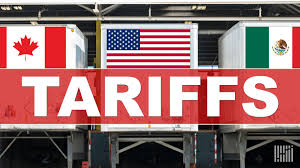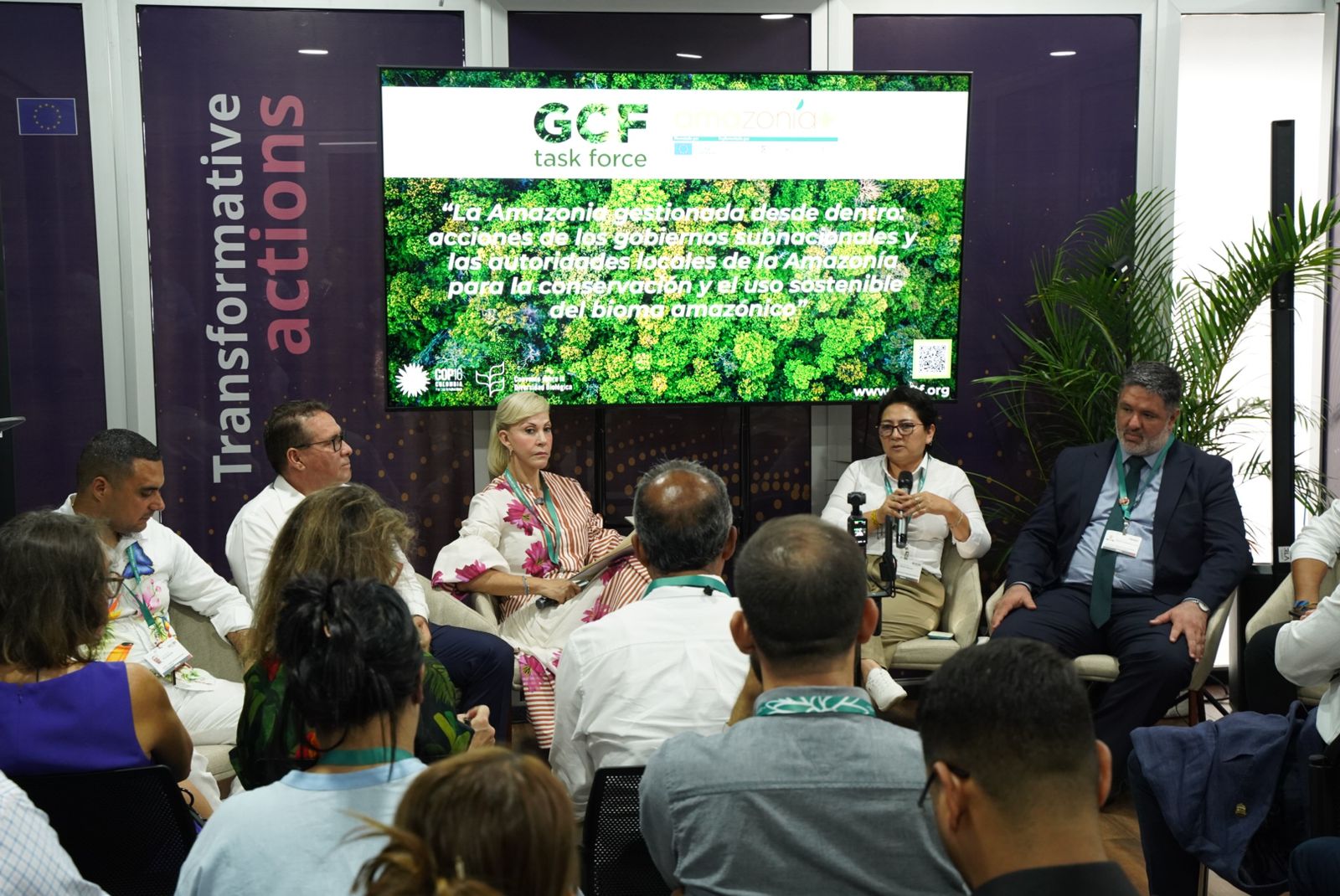Region: International
Tariffs and Clean Energy: What You Need to Know
The effect of tariffs on energy markets is complex, and a lot depends on the details.
International trade economics is complicated, and we can’t be certain of how tariffs will work out, particularly in the long term when economies have fully adjusted to them. Trump’s hope is that the tariffs will cause a boom in U.S. production, although there is also evidence that protected industries are less efficient and innovative, resulting in higher consumer prices. Impacts on clean energy could be negative, The same is true for impacts on fossil fuels.
CONTINUE READINGAre Climate Pledges on Life Support?
A Q&A with Catherine McKenna, who led the UN Secretary General’s High-Level Expert Group on Net-Zero Commitments of Non-State Entities.
Catherine McKenna knows firsthand how to persist in the face of pushback on climate policies. She was Canada’s Minister of Environment and Climate Change during the first Trump Administration, and she led negotiations of that country’s first national climate plan over intense oil industry opposition. “The oil sands sector and the politicians they sponsor aren’t just greenwashing a product,” …
Continue reading “Are Climate Pledges on Life Support?”
CONTINUE READINGWhat Will 2025 Bring in Global Climate Finance?
Last year, international negotiations continued to disappoint on global climate policy, forests, and finance. This year, subnational governments must continue to lead.
As they have for many years, nations came together in 2024 at various climate-related events to push for a brighter future. From the 16th Conference of the Parties (COP) to the Convention on Biological Diversity in Cali, Colombia in October 2024, followed immediately by COP29 to the United Nations Framework Convention on Climate Change (UNFCCC) …
Continue reading “What Will 2025 Bring in Global Climate Finance?”
CONTINUE READINGWhat policies lead to greenhouse gas emissions declines?
A recent study emphasizes the role of policy mixes in driving short-term emissions reductions
In a series of posts (beginning here, and ending here) last month, I outlined an approach to climate policy that emphasizes the role of subsidies in building political support and technological progress for climate policy. In doing so, I drew heavily on existing political science research and case studies from North America and Europe. But …
Continue reading “What policies lead to greenhouse gas emissions declines?”
CONTINUE READINGThe Environmental Gifts of the Magi
Clean air. Clean water. We receive these public goods every day without payment, as gifts from everyone to all of us.
One of the Christmas classics is the Jimmy Stewart movie, It’s a Wonderful Life. Stewart’s character is feeling suicidal, until he learns how much he has unknowingly helped others and how grateful they are. It’s heartwarming if also very corny. There’s a flip side to that story: the need to remember how much others have contributed …
Continue reading “The Environmental Gifts of the Magi”
CONTINUE READINGLooking Ahead to the Second Trump Administration
Does the IRA have staying power?
This is the seventh in a series of posts. The first post is here. The second post is here. The third post is here. The fourth post is here. The fifth post is here. The sixth post is here. The incoming Trump Administration has, of course, called for ending efforts to reduce greenhouse gas emissions, …
Continue reading “Looking Ahead to the Second Trump Administration”
CONTINUE READINGBroadening the Scope of Climate Policy
How to expand climate policy to new places and new sectors
This is the sixth in a series of posts. The first post is here. The second post is here. The third post is here. The fourth post is here. The fifth post is here. The political dynamics of decarbonization that I’ve sketched out are very specific to time, space, and economic sector. The policy approaches …
Continue reading “Broadening the Scope of Climate Policy”
CONTINUE READINGHow to Commit to Decarbonization
Feedback effects can lock in decarbonization policies, for better and for worse
This is the fifth in a series of posts. The first post is here. The second post is here. The third post is here. The fourth post is here. Decarbonization is a long-term challenge, and it requires commitments to drive the investments required for innovation and deployment of non-fossil-fuel energy sources. But long-term commitments, which …
Continue reading “How to Commit to Decarbonization”
CONTINUE READINGWhat Is A “Sustainable Battery”?
CLEE’s Global Forum for Sustainable Batteries releases a 2040 Sustainable Battery Vision
As the market for the electric buses, cars, trucks, and trains that help curb the climate crisis continues to grow globally, the battery supply chain faces increased scrutiny. Minerals like lithium, nickel, graphite, and cobalt are too often mined and processed in ways that contribute to harming communities and ecosystems, while the batteries often face …
Continue reading “What Is A “Sustainable Battery”?”
CONTINUE READINGOur Mission: Keeping Hope Alive
If you read Legal Planet, you know the work of the environmental law centers at Berkeley and UCLA is critical. Now is the time to support it.
The Trump Administration is planning a tsunami of anti-environmental actions.. States like California will be the best hope for making progress in the next four years. Keeping the torch burning — helping California succeed — will be challenging. So will fending off hostile actions from Washington. Our centers at Berkeley and UCLA are at the heart of this work.
CONTINUE READING









